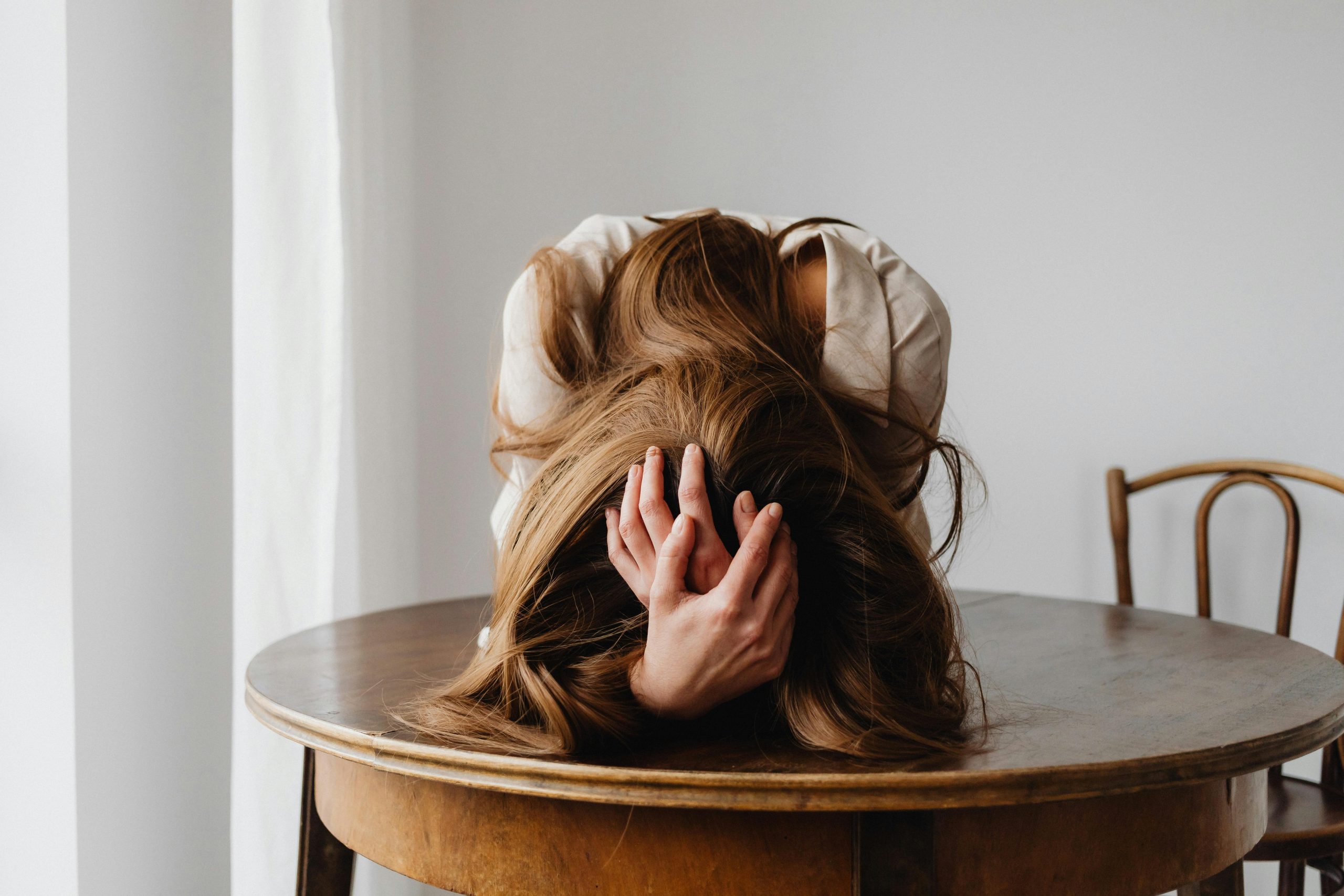In today’s fast-paced world, anxiety and stress have become common challenges that many people face. Whether it’s due to work pressures, personal relationships, or financial concerns, these feelings can take a toll on mental and physical well-being. The good news is that there are effective coping strategies you can use to manage anxiety and stress, helping you regain control and improve your quality of life. Below, we explore practical techniques you can start implementing today.
Understanding Anxiety and Stress
Before diving into coping strategies, it’s essential to understand what anxiety and stress are. Stress is the body’s natural response to perceived threats or demands, often triggering a “fight or flight” reaction. While short-term stress can be motivating, chronic stress can lead to health issues like high blood pressure and weakened immunity. Anxiety, on the other hand, is a persistent feeling of worry or fear that can interfere with daily life. Both conditions often overlap, but they require slightly different approaches for management.
Common Symptoms of Anxiety and Stress
- Rapid heartbeat or palpitations
- Difficulty concentrating
- Muscle tension or headaches
- Irritability or mood swings
- Sleep disturbances
Mindfulness and Meditation
One of the most effective ways to combat anxiety and stress is through mindfulness and meditation. These practices help ground you in the present moment, reducing the tendency to ruminate on past events or worry about the future.
How to Practice Mindfulness
- Focus on your breath: Take slow, deep breaths, paying attention to each inhale and exhale.
- Body scan: Mentally scan your body from head to toe, noticing any areas of tension and consciously relaxing them.
- Engage your senses: Take a moment to observe what you see, hear, smell, taste, and touch to anchor yourself in the present.
Meditation apps like Headspace or Calm can also guide you through structured sessions, making it easier to build a daily habit.
Physical Activity and Exercise
Regular physical activity is a powerful stress reliever. Exercise releases endorphins, the body’s natural mood boosters, and helps reduce levels of cortisol, the stress hormone.
Best Exercises for Stress Relief
- Walking or jogging: Even a 20-minute walk can clear your mind and improve your mood.
- Yoga: Combines movement with breath control, promoting relaxation and flexibility.
- Dancing: A fun way to release tension and boost energy levels.
Aim for at least 30 minutes of moderate exercise most days of the week to experience the full benefits.
Healthy Lifestyle Choices
Your daily habits play a significant role in how well you manage stress and anxiety. Small changes in diet, sleep, and routine can make a big difference.
Key Lifestyle Adjustments
- Balanced diet: Eat nutrient-rich foods like fruits, vegetables, and whole grains to support brain health.
- Limit caffeine and alcohol: Both can exacerbate anxiety and disrupt sleep.
- Prioritize sleep: Aim for 7-9 hours of quality sleep each night to help your body recover and recharge.
Creating a consistent daily routine can also provide a sense of stability, reducing feelings of overwhelm.
Social Support and Professional Help
Connecting with others and seeking professional guidance are crucial steps in managing anxiety and stress. Isolation can worsen symptoms, while support systems provide comfort and perspective.
Ways to Seek Support
- Talk to friends or family: Sharing your feelings with someone you trust can lighten the emotional load.
- Join a support group: Engaging with others facing similar challenges can foster a sense of community.
- Consider therapy: A licensed therapist can help you develop personalized coping strategies and address underlying issues.
If anxiety or stress feels unmanageable, don’t hesitate to reach out to a mental health professional for assistance.
Conclusion
Managing anxiety and stress is an ongoing process, but with the right strategies, you can significantly reduce their impact on your life. From mindfulness and exercise to healthy lifestyle choices and social support, these techniques offer practical ways to regain balance. Start small, experiment with different methods, and find what works best for you. Remember, seeking help is a sign of strength, not weakness—take the first step toward a calmer, healthier you today.
